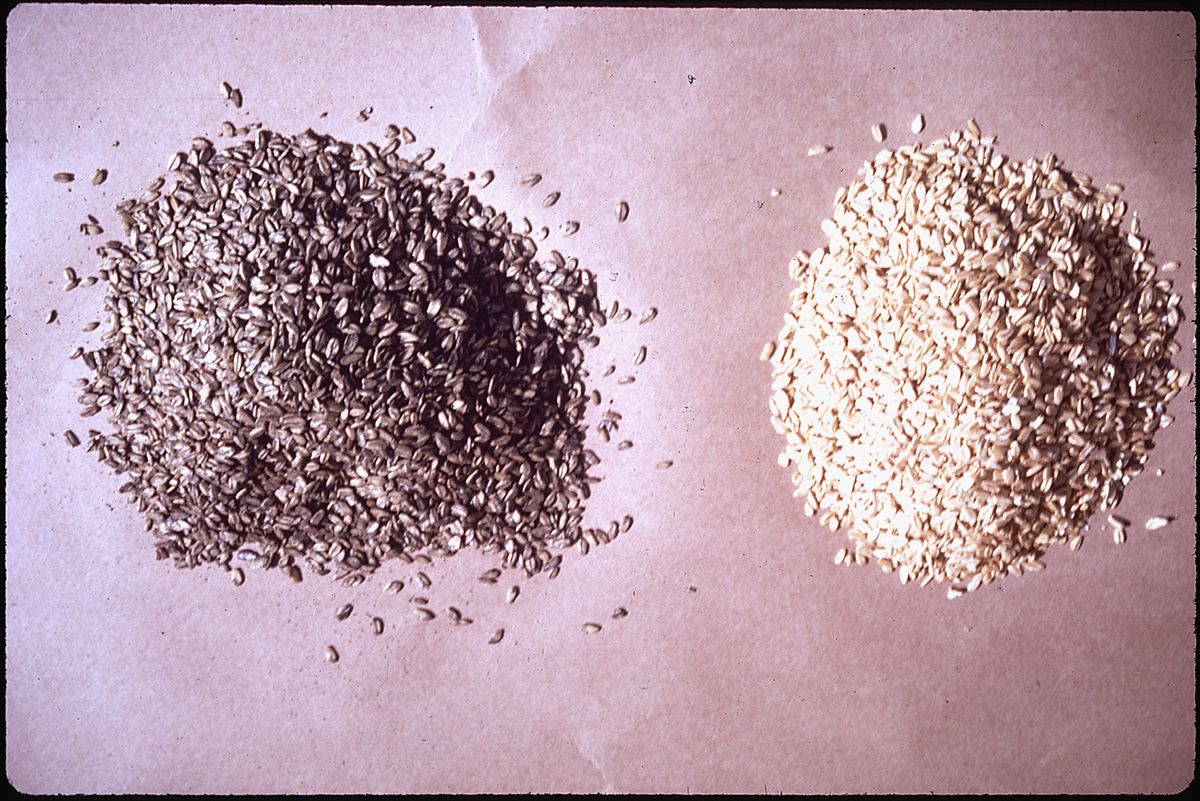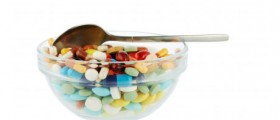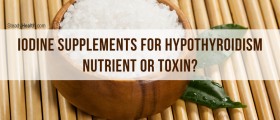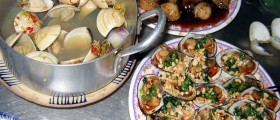
Some Data Regarding Zinc
Zinc is a very abundant metallic chemical element. Its color is bluish if it is in the pure state. Zinc has five stable isotopes. It is most exploited in Australia, Asia and the United States, the countries with the richest deposits of this element. The element has a wide spread usage and it is present in many products. Zinc is normally found in batteries, alloys and there is also a variety of zinc compounds that are used in other purposes. For example, zinc carbonate and zinc gluconate are components of dietary supplements. Furthermore, zinc chloride is used in deodorants while zinc pyrithione is a component of anti-dandruff shampoos. Zinc sulfide is found in luminescent pains and zinc methyon and zinc diethyl are used in organic laboratory.
A small amount of zinc is essential for proper functioning of the human body. It is estimated that zinc deficiency affects around 2 million people in the developing countries and that the condition may cause serious illnesses. For example, zinc deficiency in children may lead to mental retardation, delayed sexual maturation, increased susceptibility to infections etc. On the other hand, even in case zinc has been taken in larger amounts it can be very detrimental for the entire body.
Zinc Poisoning
It is essential to recognize symptoms and signs of zinc toxicity and act promptly. Only if the element is eliminated from the body damage to many organs and organ systems can be successfully prevented.
The poisoning may occur in people who are taking zinc supplements only in case they exceed the recommended dose of a supplement. This is not a common cause of zinc poisoning. Furthermore, workers in factories which use zinc or zinc alloys are frequently exposed to increased levels of zinc. On more way of zinc poisoning is drinking contaminated water.
Being an intestinal irritant zinc commonly leads to nausea vomiting, stomach cramps and diarrhea. Other clinical signs of zinc poisoning are red urine, urine retention, icterus, liver failure, kidney failure, seizures, joint pain, fever, coughing and anemia. One of the most severe effects of zinc poisoning is hemolytic (rupturing of the red blood cells and release of their content).
Treatment for Zinc Poisoning
It is essential to administer plenty of fluids in patients suffering from zinc poisoning. Only this way a fatal kidney failure can be prevented. Patients who are anemic may need blood transfusions. Since zinc is very corrosive to the stomach there is also a need for protective medications such as antacids. Patients are administered an antidote which can successfully bind the zinc and help in its elimination from the body. Gastric lavage (washing out the stomach) is performed in early stages when zinc is still in the upper part of the gastrointestinal tract, to be more precise in the stomach.

















Your thoughts on this
Loading...